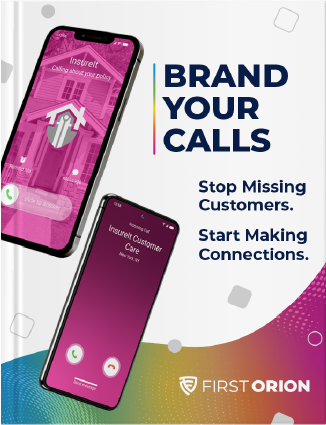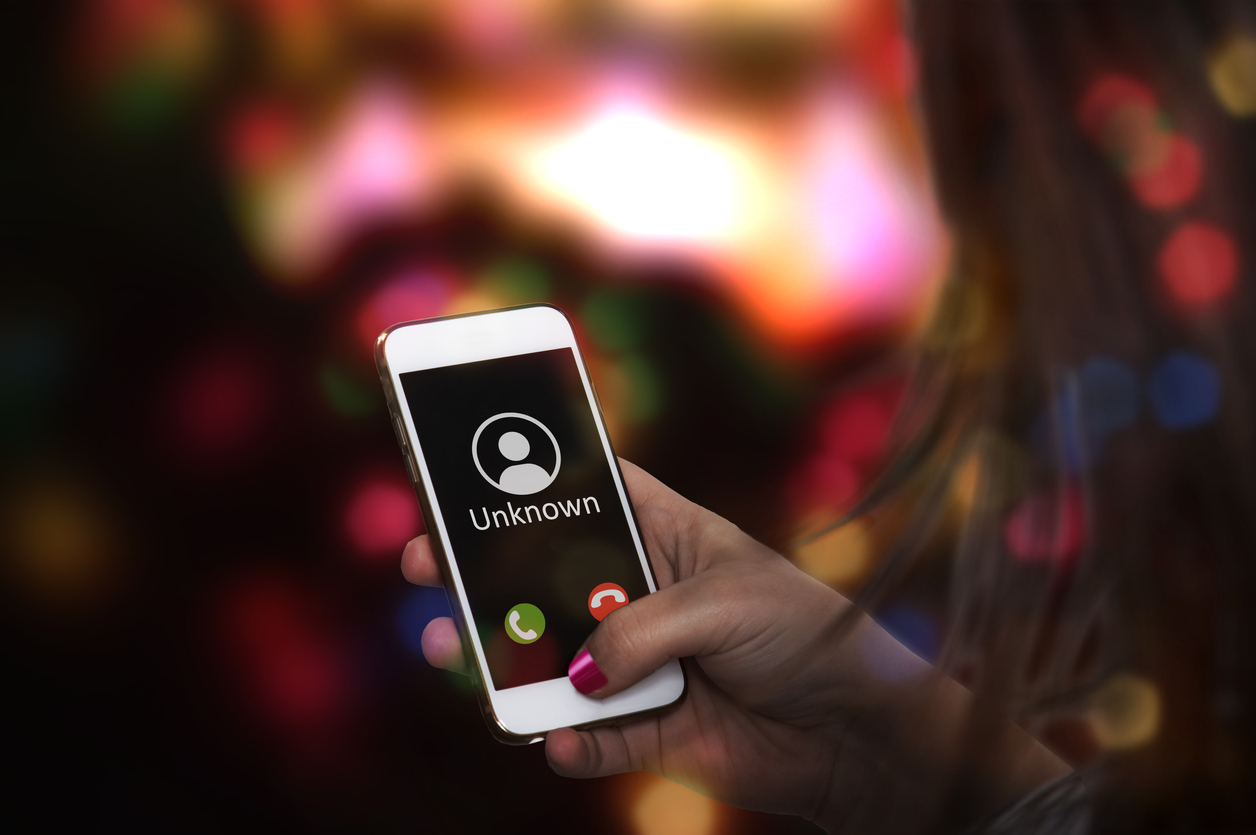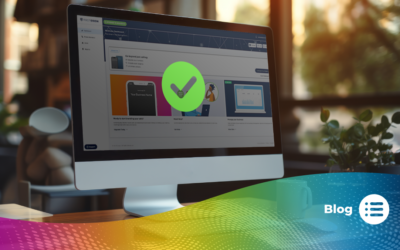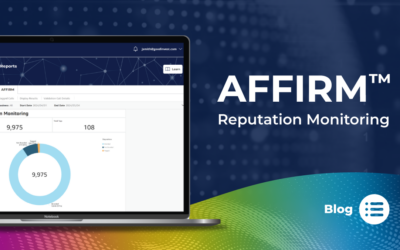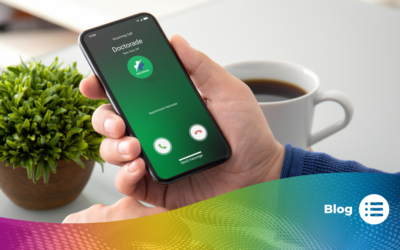The STIR/SHAKEN deadline is rapidly approaching – and the FCC will require phone companies to do their part in the fight against robocalls. The Federal Communications Commission (FCC) recently announced that filings to the Robocall Mitigation Database (RMD) would be due June 30, 2021. Based on that deadline, intermediate providers and terminating voice service providers will be prohibited from accepting traffic from voice service providers not listed in the RMD beginning September 28, 2021. The FCC is essentially laying down the law with this announcement: crack down on robocalls, or there will be consequences.
“Protecting consumers from scammers that use robocall and spoofing tools is a top priority,” FCC Acting Chairwoman Jessica Rosenworcel said in a statement.
Rosenworcel has consistently emphasized the FCC’s intent to combat robocalls, specifically by removing the origination of illegal robocalls at a network level. Rosenworcel stated that for the FCC to succeed in its efforts against robocalls, it needs a combined effort from both government and industry – an “all-hands-on-deck” response from government coupled with “industry commitment and focus.” She also said that the FCC’s message to providers is clear: “certify under penalty of perjury the steps you are taking to stop illegal robocalls, or we will block your calls.”
While larger carriers are already taking steps to get STIR/SHAKEN protocols in place by the June deadline, certain companies were granted an extension based on various factors like size and ability to obtain a certificate. The latest public notice from the FCC now requires those with extensions to show their work and file detailed reports on their progress toward implementing the technology needed to combat robocalls.
According to our scam call report in 2020, 90% of consumers said they’d be more likely to use a carrier that automatically blocked scam calls from reaching their phones. Consumers also indicated the liability falls on mobile carriers to protect their customers – nearly 50% of survey respondents in 2019 said they believed it was the carrier’s responsibility to block scam and robocalls. STIR/SHAKEN standards are being implemented on a carrier level to help distinguish legitimate telephone numbers from illegitimately spoofed ones. Once an originating number has been verified (or not), service providers have the information they need to make decisions to protect customers and minimize illegal, spoofed, or robocall activity.
It’s unclear how the landscape of robocalls will evolve after June, but STIR/SHAKEN is one part of an ongoing fight against bad actors. With the Commission indicating they mean business when it comes to carriers, we’re one step closer to protecting all U.S. consumers.
Need to brush up on STIR/SHAKEN? Here’s what all carriers need to know about the looming deadline – and how to prepare.
